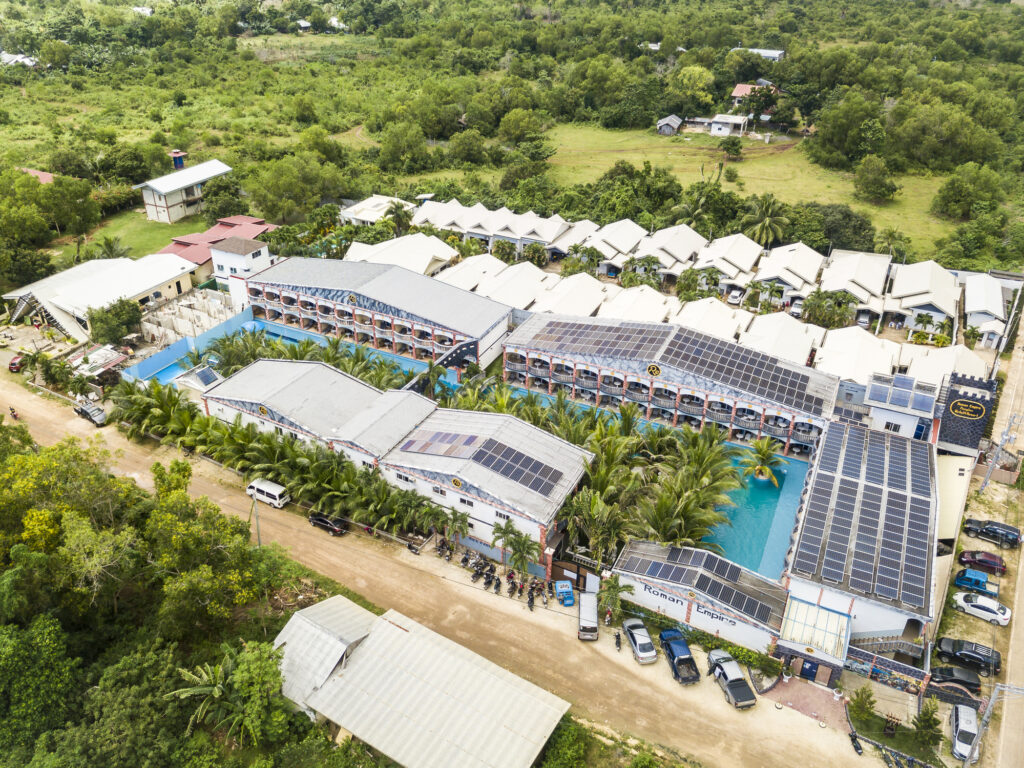As the hospitality industry increasingly prioritises sustainability, large hotels are exploring innovative ways to manage resources efficiently without compromising guest experience. Among the most transformative tools in this endeavor is the Internet of Things (IoT). IoT technologies enable real-time monitoring and automation that enhance operational efficiency, reduce environmental impact, and improve the overall quality of hotel services.

Why Sustainability Matters in Hospitality
Environmental sustainability is no longer a niche concern. It is a competitive differentiator. Guests are more eco-conscious, and many seek accommodations that align with their values. Moreover, regulatory pressures and rising energy costs make sustainable practices a business imperative. IoT plays a pivotal role by providing the data and tools needed to drive meaningful change.
How IoT Supports Sustainable Facility Management
Energy Consumption Monitoring
Smart sensors and energy meters track electricity, water, and gas usage in real time. Hotels can identify inefficiencies such as unnecessary lighting in unoccupied rooms or heating/cooling imbalances, allowing them to fine-tune energy use and reduce waste.
Smart HVAC Systems
IoT-enabled HVAC systems adjust settings based on room occupancy, weather conditions, and time of day. This ensures optimal comfort while minimizing energy consumption. For example, heating or cooling is reduced in vacant rooms and gradually restored before guests return.
Water Management
Water scarcity and conservation are growing concerns. IoT sensors detect leaks early and monitor usage patterns, enabling proactive maintenance and encouraging water-saving behaviors. Smart irrigation systems also optimize landscape watering based on weather data.
Predictive Maintenance
Instead of waiting for equipment failures, hotels can use IoT to schedule maintenance based on actual usage and performance data. This reduces energy waste, extends the lifespan of assets, and avoids guest service disruptions.
Real-World Applications
- Guest Room Automation: Occupancy sensors and smart thermostats adjust lighting, curtains, and temperature automatically, balancing comfort and efficiency.
- Energy Dashboards: Facilities teams use real-time dashboards to monitor utility usage and respond to anomalies swiftly.
- Green Certifications: IoT data supports compliance with sustainability certifications by providing transparent records and performance metrics.
Benefits Beyond Sustainability
- Cost Savings: Reduced utility bills and lower maintenance costs contribute directly to the bottom line.
- Enhanced Brand Image: Promoting smart, sustainable practices appeals to eco-conscious travelers and corporate clients.
- Operational Efficiency: Automation reduces manual tasks, allowing staff to focus on delivering exceptional guest experiences.
Implementation Considerations
While the benefits of IoT are significant, large hotels must consider:
- Integration with existing systems
- Data security and privacy
- Staff training and change management
- Scalability and future-proofing technology choices
The Path Forward
As IoT technology evolves, the potential for hotels to optimize their operations sustainably will only grow. Innovations like AI-driven energy optimization and machine learning algorithms for predictive analytics are already shaping the next generation of facility management.
What’s in it for you?
IoT is a powerful enabler of sustainable facility management in large hotels. From energy efficiency and water conservation to predictive maintenance and waste reduction, smart technologies empower hoteliers to reduce their environmental footprint while enhancing operational excellence. Embracing IoT is not just good for the planet—it’s smart business.